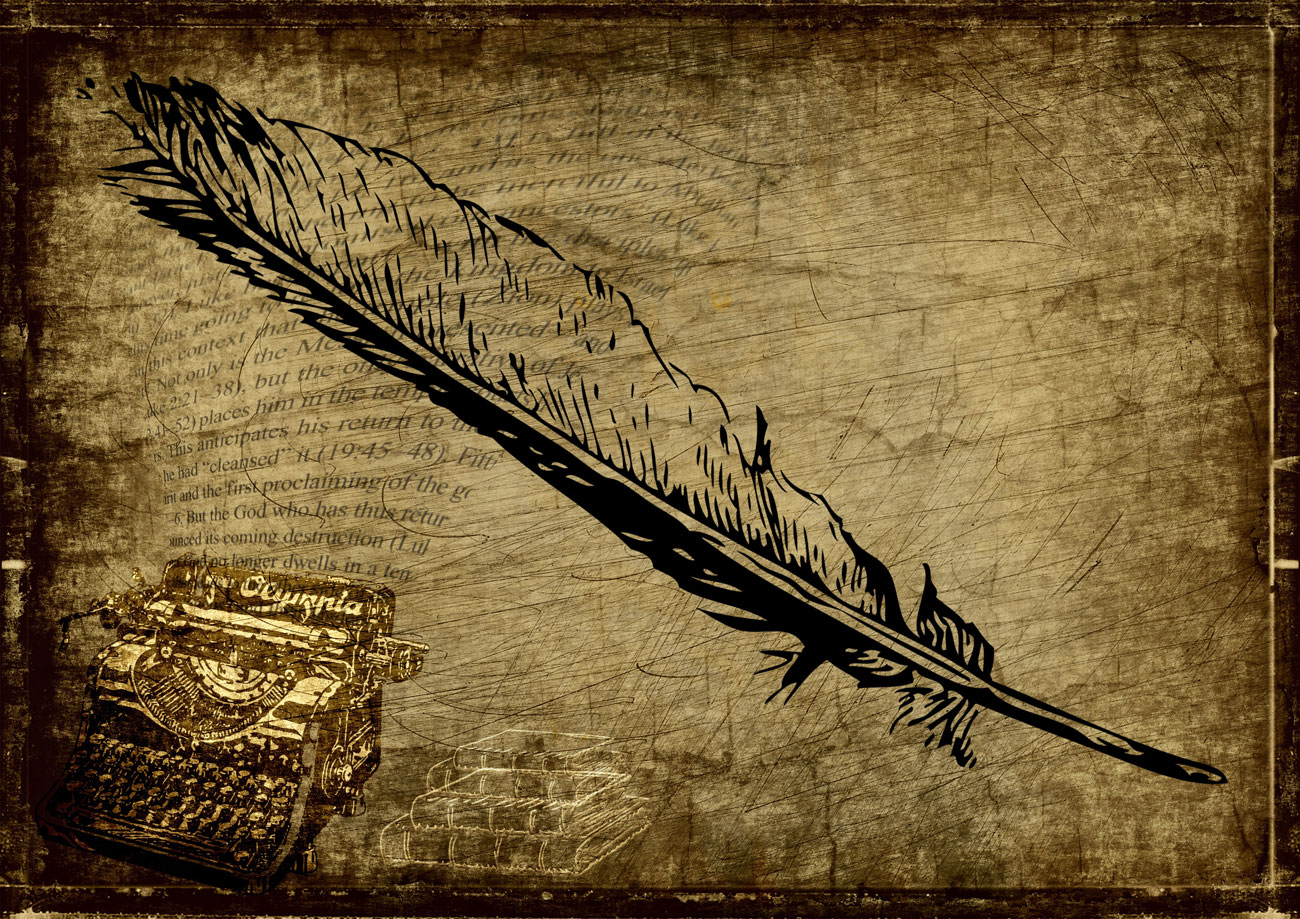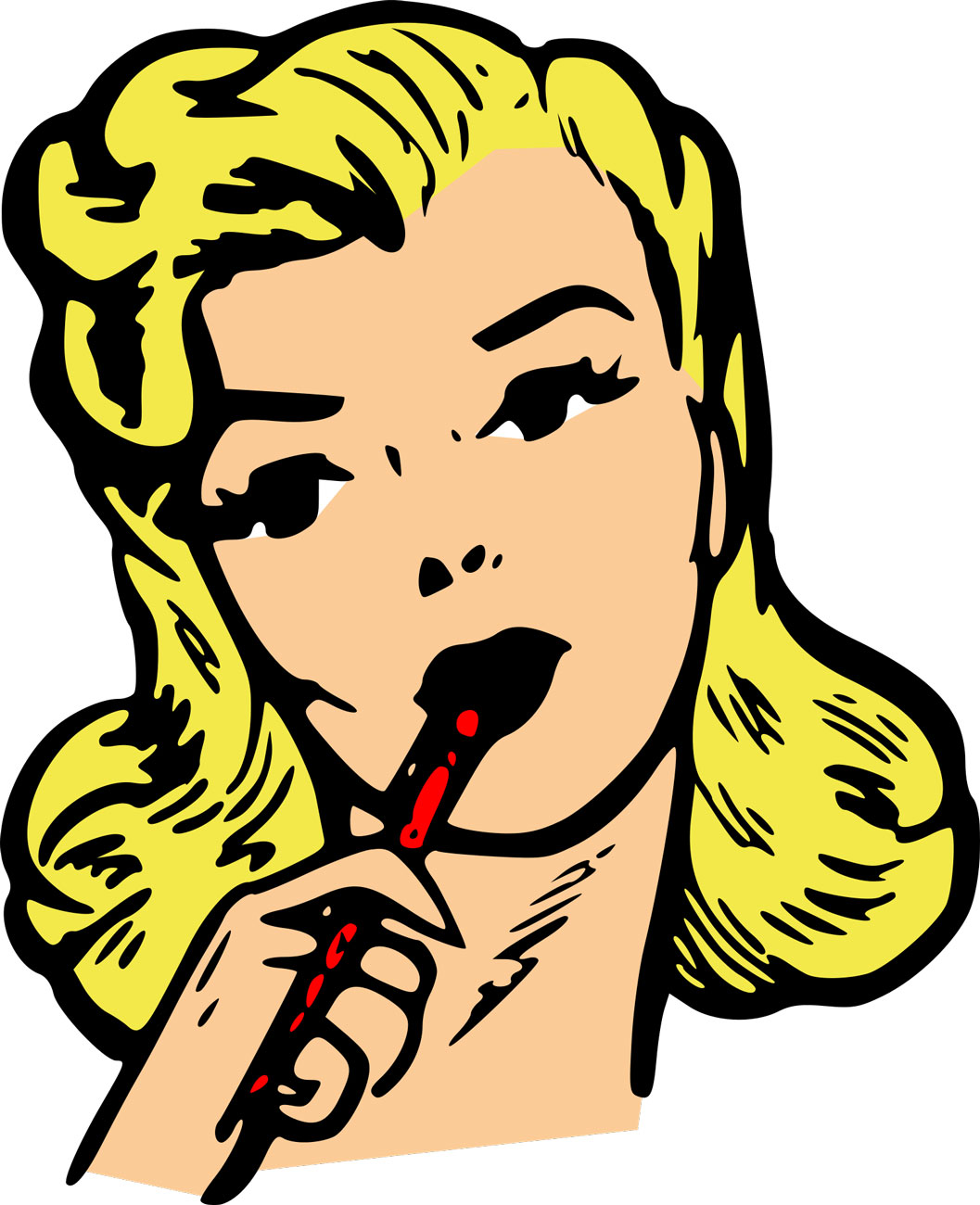
‘Why do people around the world tell stories? Is it because there is some urgent need to confess?’ writes James Pennebaker.
In many native cultures we see stories passed from generation to generation in order to maintain customs and traditions and the honour of a tribe. As I write this article we have just had the VE celebrations and the television has been filled with stories of those who served in WW2 and whose lives it is important not to forget.
We all have different stories to tell. Some are wonderful, some are embarrassing, some are so painful we would rather forget them. One such story for me happened one night in 2005 where myself and 4 friends were held up in an armed robbery. Shortly after we were given post trauma counselling. The therapist got us all to share our own version of the night’s events. She told us that our memories would all be slightly different but that none of us were wrong. It was our story from our perspective. She also explained that by telling our story of the traumatic event to as many people as possible would help the brain to decipher and come to terms with what had just happened. The more often I told my story the easier and less painful the memory became. Here I am telling it again!
The current story weaving through all our lives is Covid-19. We all have different stories to tell regarding our ‘lockdown’ experience whether from a positive or a negative point of view. All of them are valid. We are living in a pivotal time in history and our stories need telling. I am currently reading a book called Opening Up by Writing it Down by James Pennebaker and he describes another form of telling our stories: expressive writing or journaling.
Scientific research has clearly shown that regularly writing about our experiences brings measurable health benefits such as a stronger immune system, a more robust nervous system and is particularly useful for those suffering from rheumatoid arthritis, chronic pelvic pain, asthma, liver disease and cancer. Creative writing or journaling also helps us to navigate times of overwhelm or when we are being particularly challenged.
These are uncertain times and I believe that it’s important for us all to use as many different tools as possible to help us navigate through the challenges. Fear of the unknown drives anxiety, loss of a job or not knowing when or if you can return to work is stressful, health issues affecting family or friends bring worry and all of these impact your immune system. Whether it’s with meditation, yoga, weightlifting, cycling, walking, listening to music or online sessions with a therapist I urge you to take care of yourself.
If you’ve never tried creative writing or journaling why not give it a go? There are no hard and fast rules. If you prefer a digital platform, there are journal apps such as Day One or Evernote or you can simply use a notebook and pen. According to J. Pennebaker you need to find a quiet time and place to practice writing. Write whatever comes into your mind for 10 to 20 minutes. Try to write for the entire time without stopping but don’t worry about spelling or grammar. The important thing is to keep writing continuously for the whole session. Does this mean that someone who is feeling anxious or is overwhelmed by a situation will automatically feel better if they write down their feelings? Not necessarily. Some people may not like to write and others may view journal therapy as being similar to writing a diary. In fact there are a few differences. Whereas writing a diary is a free flowing way of writing about your day, journal writing is usually more organised, directed and is based around a journey of growth and personal development. It’s all about taking a deep dive into your reactions and emotions.

Over the last few years whilst working as a Nutritional Therapist I have identified many connections between emotions, food and eating disorders. Fact: eating disorders are more common than you think. Over 1 million people in the UK are thought to have an eating disorder. Ranging from binge eating to avoidance of eating and bulimia. Maybe you are/aren’t aware that you may have a toxic relationship with food? Do you become defensive when someone mentions that you’ve put on weight? Maybe you have been told you are too skinny? Do you eat to alleviate a certain feeling or so that you don’t have to think about a certain situation? Or maybe you just don’t have any appetite at all? Whether your go-to is a bottle of wine or a bar of chocolate, why not instead try writing about what’s bothering you and why it bothers you. You will be surprised at what pours onto the pages.
Journal therapy is just one of many tools that I use with clients to help them unpack the stories that they tell themselves about food, exercise or becoming healthier. Another tool which I use extensively is functional testing. Functional testing helps to evaluate your health status by measuring how your body is functioning rather than looking at indications of disease. Having a baseline to work from is so helpful and a client can see and not just feel the effect of changes that they have made. Not so far in the future we will be able to test for the efficacy of certain supplements which I am super excited about!
With so many changes in our lives, both now and in the future it is easy to become caught up in the stress and anxiety leading to overwhelming feelings about what lies ahead for us all. If you would like a listening ear or some health advice, please pick up the phone or ping me an email.











